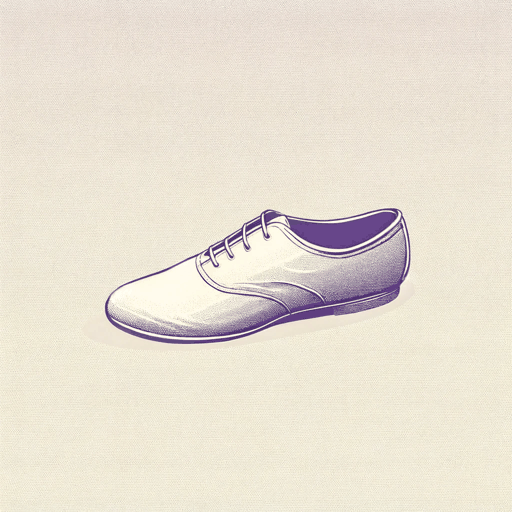18 pages • 36 minutes read
Robert PinskyThe Street
Fiction | Poem | Adult | Published in 2017A modern alternative to SparkNotes and CliffsNotes, SuperSummary offers high-quality Study Guides with detailed chapter summaries and analysis of major themes, characters, and more.
Summary and Study Guide
Overview
Robert Pinsky was Poet Laureate of the United States from 1997 to 2000, the only Poet Laureate nominated to serve three terms. His work is known for its use of sound devices, musicality, and references to history and literature. Both the content of his writing and his work as a poet demonstrate his belief that poetry is meant for the masses and can help forge a national identity among people of differing backgrounds.
His poem “The Street” is emblematic of his ethos and style of writing, beginning with a reference to an emperor and moving into a personal anecdote, presumably from his own childhood living in a working-class community of diverse ethnicities in New Jersey. It elevates the ordinary to the level of historical events and promotes the notion that people of different backgrounds are bound together on the same “vine” that holds them all like blossoms that have “blistered” open from the same stem.
Poet Biography
Pinsky was born October 20, 1940, to Jewish parents living in Long Branch, New Jersey. Pinsky describes his parents as intelligent, but neither was academically minded. His father and mother were optometrists, and the young Pinsky was raised in a crowded, noisy apartment with his siblings.
Pinsky earned a bachelor's degree from Rutgers University and went on to earn both his master's degree and doctorate in philosophy from Stanford. In addition to his education in creative writing, Pinsky studied jazz and saxophone and claims both as major influences in his poetry.
In 1997, Pinsky was named US Poet Laureate, the first of three two-year terms. He taught at University of California, Berkeley, and now teaches in the graduate writing program at Boston University. He and his wife have three children.
He has authored several books of poetry, prose, translation, and criticism. His The Figured Wheel: New and Collected Poems, 1966-1996 (Farrar, Straus and Giroux, 1996) received the 1997 Lenore Marshall Poetry Prize.
Pinsky is also the author of several prose titles, including his memoir Jersey Breaks: Becoming an American Poet (W. W. Norton, 2022); Singing School: Learning to Write (and Read) Poetry by Studying with the Masters (W. W. Norton, 2013); Democracy, Culture and the Voice of Poetry (Princeton University Press, 2002); The Sounds of Poetry: A Brief Guide (Farrar, Straus and Giroux, 1998), which was a finalist for the National Book Critics Circle Award; Poetry and the World (HarperCollins, 1988); and The Situation of Poetry: Contemporary Poetry and Its Traditions (Princeton University Press, 1976). In 1984, he also released Mindwheel (Synapse Software), which combined a prose hardcover with an 8-bit computer text adventure.
Pinsky has published two acclaimed works of translation: The Inferno of Dante (Farrar, Straus and Giroux, 1994), which received both the Los Angeles Times Book Prize and the Harold Morton Landon Translation Award; and The Separate Notebooks (HarperCollins, 1984) by Czesław Miłosz (with Renata Gorczynski and Robert Hass).
Poem Text
Pinsky, Robert. “The Street.” 2017. Voetica.com.
Summary
The poem opens with an image of laborers completing their work on a coffin that will hold the beloved child of an emperor. This lavish funeral procession of a time in the past inspires the speaker to focus on a personal memory of their own street in the present, relating a story of a man who ran through the street chasing after a stranger who was driving away with the man's wife.
The man chasing the car threw his shoe at it, but the shoe fell into the street. Those on the street took the shoe back to the man. The man was upset and accused the stranger of being a homewrecker. The speaker goes on to describe an annual, local parade with a route that starts at a funeral home and ends at the river. The end of the poem focuses on death, which is represented as a balancing force, as all people will die no matter their wealth or lack thereof.

